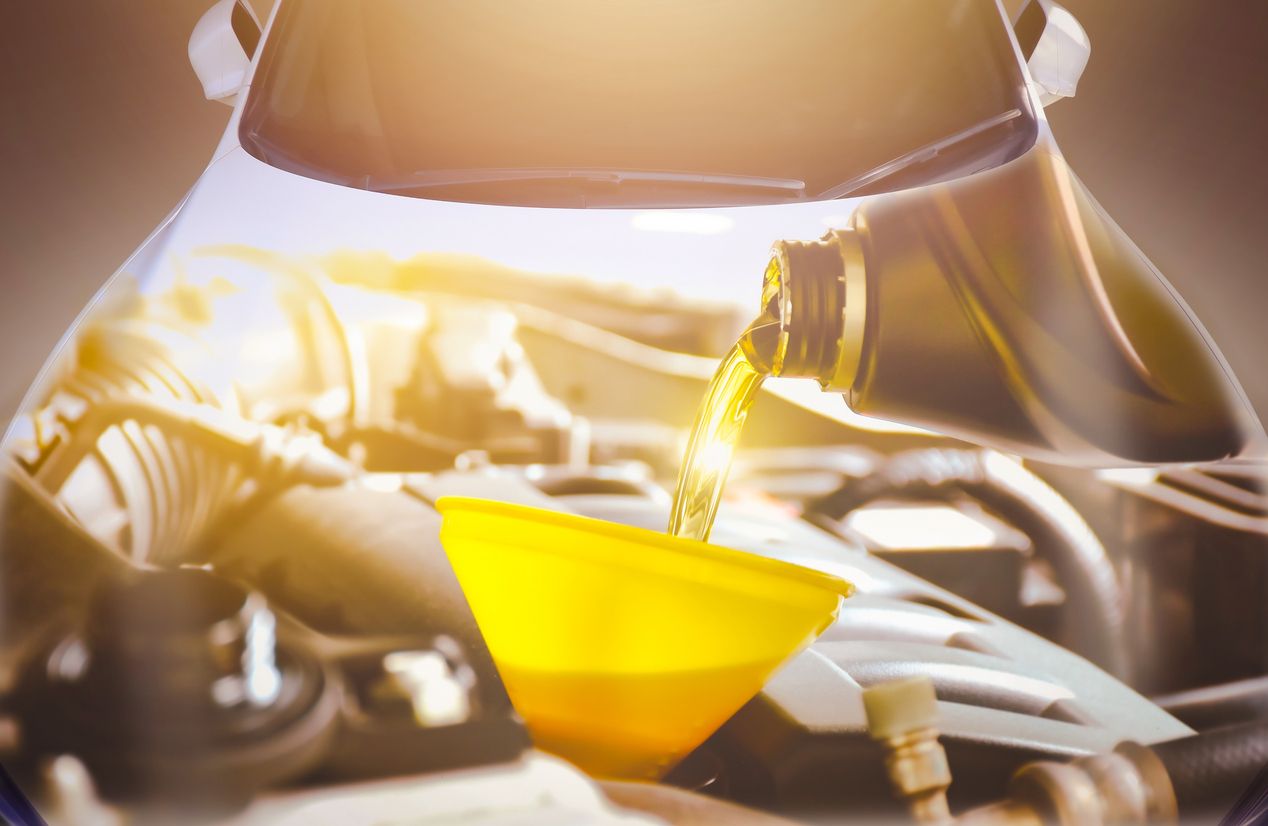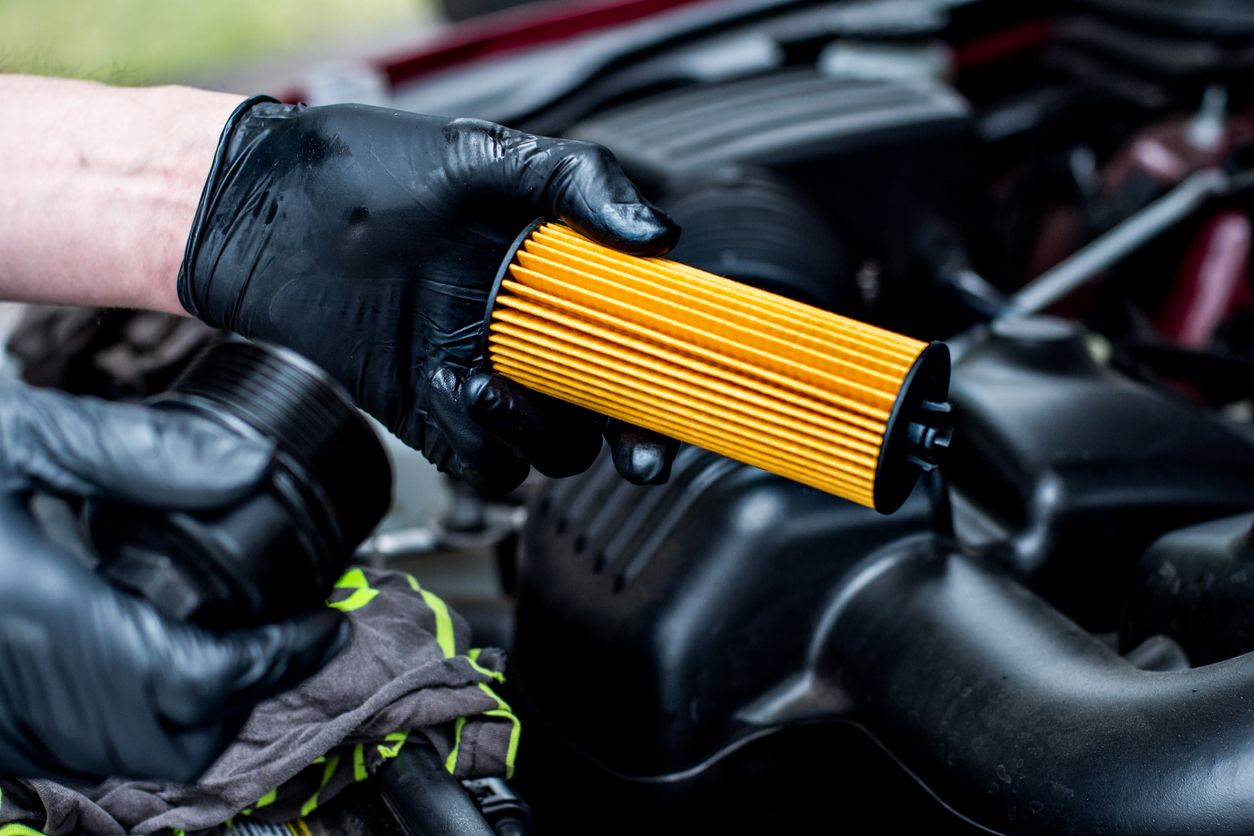Key Takeaways
- Oil loss without visible leaks is often due to the engine burning oil, which can happen if faulty parts allow oil to enter the combustion chamber.
- Worn out piston rings, cylinder walls, or valve seals are common causes of oil burning, leading to reduced oil levels.
- A malfunctioning PCV valve can cause oil to be sucked into the engine and burned, leading to a decrease in oil levels without external leaks.
- Regular maintenance and timely repairs of these components are crucial to prevent significant engine damage and expensive repairs.
You’re driving down the road, and suddenly your oil light comes on — again! There's no puddle beneath your car, and you know it isn't time for another oil change. If you don’t see any visible signs of a leak, the issue may be something else entirely. Keep reading to learn why your car is losing oil but not leaking and what you can do to fix it.
Why Is My Car Losing Oil?
When a car mysteriously loses oil, there are usually two possible causes: either you’ve sprung a leak, or your engine is burning it away. Though you may not see any visible signs of leakage, less noticeable parts like a worn seal or leaky rings may be the culprit.
Fortunately, during a full-service oil change, Firestone Complete Auto Care offers a free 19-point inspection to find any visible leaks. But if you have to add a quart or more of oil to your engine between changes and there’s no leak to be found, chances are your vehicle's burning oil.
Low Oil But No Leak? You’re Probably Burning Oil
Oil burning happens when faulty engine parts allow oil to seep into the combustion chamber. Blue-tinted smoke coming from your exhaust is a potential indicator of this issue but may not always be evident if your engine only burns small amounts. While it’s normal for some cars to burn more oil than others, it’s best to have your vehicle serviced as soon as possible if you experience consistently low levels.
Losing too much oil can lead to serious engine damage and expensive repairs, especially among older cars with 100,000 miles or more on the odometer. However, vehicles with fewer than 50,000 miles should typically use no more than a quart of extra oil between changes.
Potential Causes for Burning Oil
When oil seeps into the combustion chamber, it’s usually due to one or more worn parts. For newer engines that use low-viscosity oil, such as 5W-20, even small amounts of wear can lead to oil entering this chamber. Here are a few of the common causes of excessive oil consumption:
Worn Out PCV Valve
The positive crankcase ventilation (PCV) system is a vital engine component that eliminates harmful gases generated during engine combustion. It does this by routing excess gases back to the combustion chamber, where they are burned a second time before exiting with the exhaust.
However, when the PCV system gets clogged, it can cause significant oil blowback. Rather than remove combustion gases, oil ends up getting sucked into the engine through the air intake. In most cases, resolving this issue simply requires replacing the PCV valve.
Worn Out Piston Rings or Cylinder Walls
Here’s where repairs can get pricey. Each set of piston rings forms a seal against the cylinder walls to maintain engine compression and prevent combustion gases from escaping. However, if your piston rings have worn out or the cylinder wall has begun to deteriorate, then the seal may no longer function properly. With a faulty seal, oil can enter the combustion chamber, burn, and leave you with less oil than you started with.
Worn Out Valve Seal
Faulty valve stem seals are another cause of low oil levels. While valve stem seals are meant to regulate oil consumption and valve lubrication, a broken one does just the opposite. A valve seal that has become worn or damaged may leak oil into the engine cylinders and eventually into the combustion chamber.
Don’t Let Burning Oil Burn a Hole in Your Pocket
Do you suspect a hidden oil leak or other oil problems? We can help. With a full-service oil change, you'll receive a 19-point inspection and an oil filter change. We'll even top off your window washer fluid, do an advanced oil leak troubleshoot using our detection with dye services, and check the levels of your car's other important fluids.
Head to your nearest Firestone Complete Auto Care or schedule an appointment online for all of your oil care needs today.



